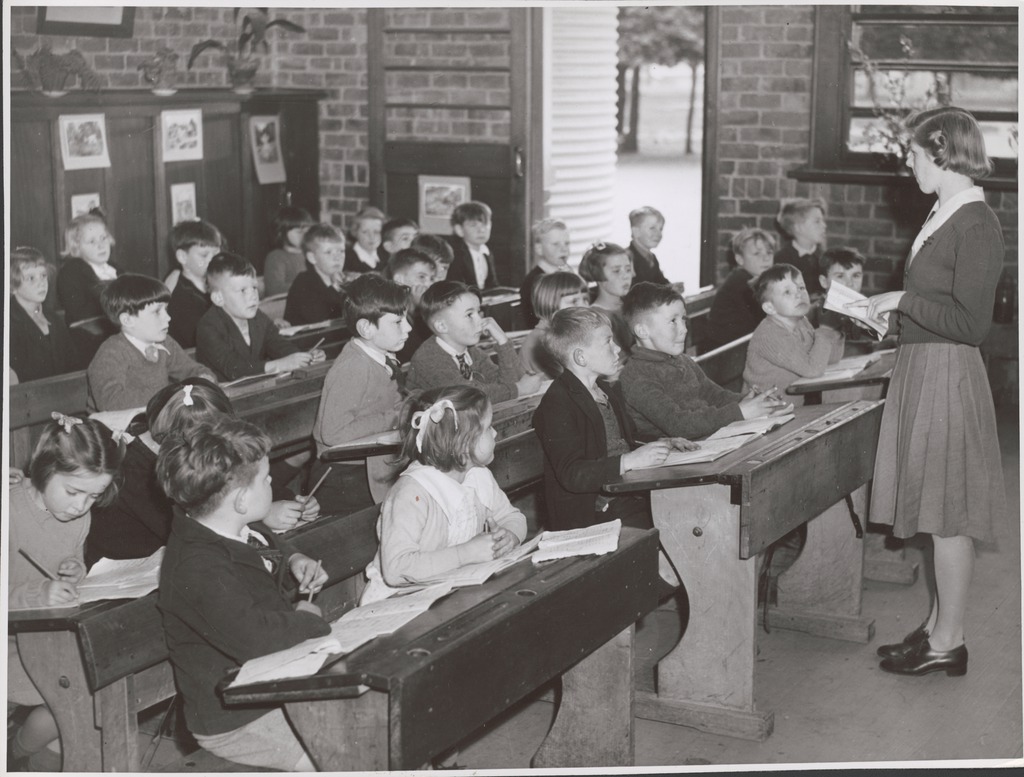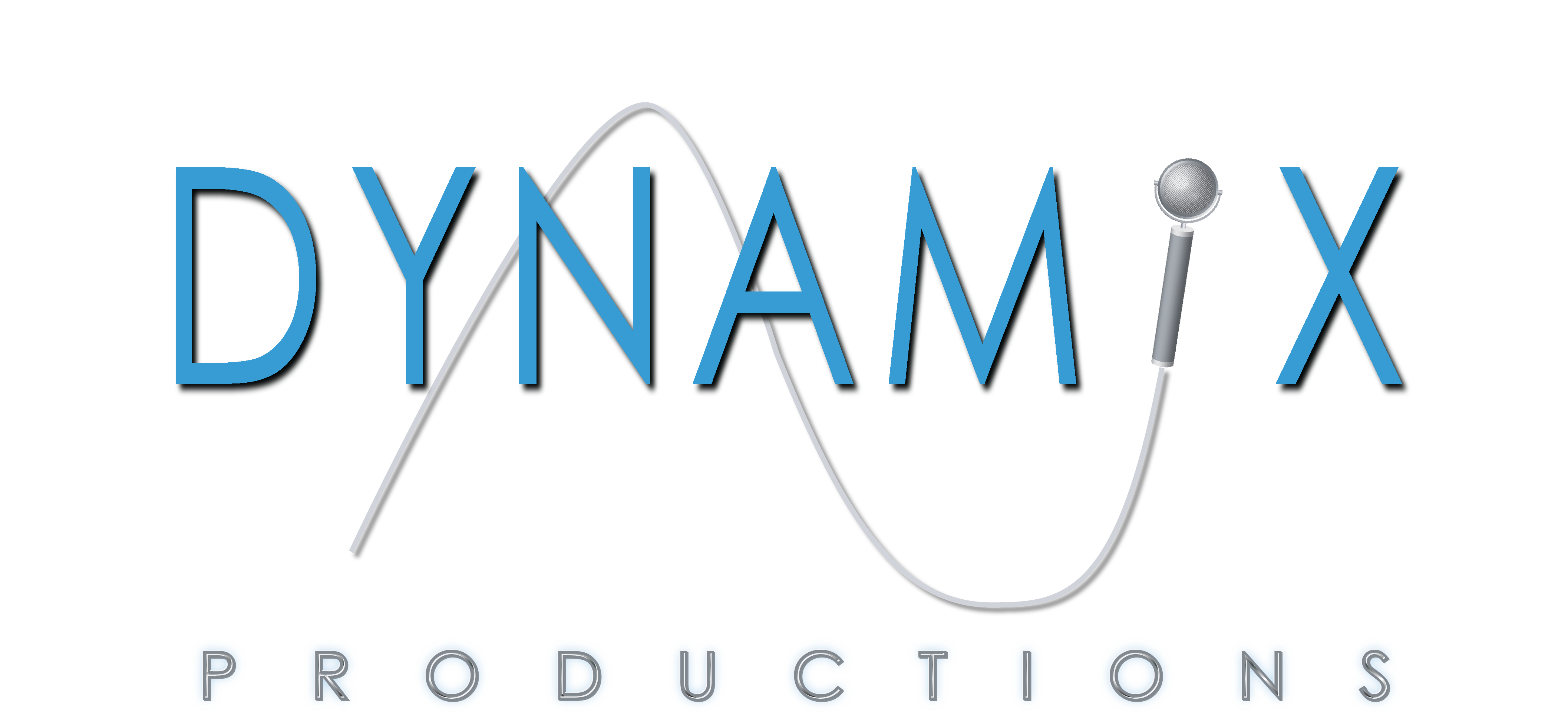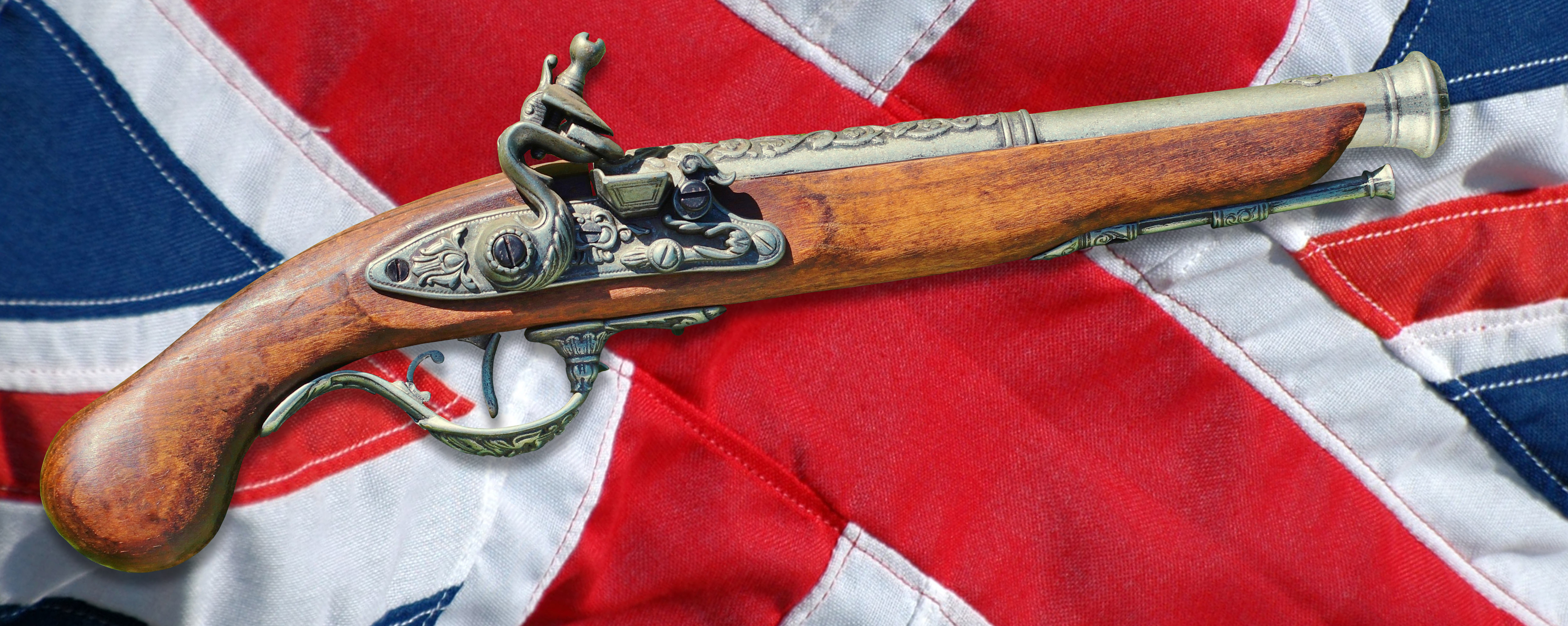

- © 2003 - 2025 Dynamix Productions, Inc. Contact Us 0



Back when I was growing up in southern Ohio, I was surrounded by people and technology that would influence my decision to have a career in audio production. I had a good friend that was destined for a career in radio. It didn't hurt that Jerry had the Voice of God by the time he was 12, but he already had an inside to radio – his older brother Bob was a radio DJ. Bob always drove around with a trunk full of records he got from the radio station he worked at, and he would occasionally pop the trunk and say, "Grab an armful!". Of course, there weren't any hit records in the jumbled pile, most were unwanted promotional issues. But it turns out there were some gems.
I remember one particular time I found several records titled something like "NAB Idents." Being the curious kind, I grabbed those, thanked Bob, and went home to immediately play them. I listened as track 1 started with a vocal group singing a short jingle about the National Association of Broadcasters. Definitely not what I expected, but I soon realized I had my hands on radio station identity jingles. I was intrigued because I was getting a peek behind the magic curtain of radio.
A radio ID jingle (or "ident") is similar to a jingle for toothpaste, but for a station or network. They were at their peak when Bob was hoarding them in the 1970s. You can still hear them on oldies and pop stations today, but they pretty much faded by the 1990s. Though some stations and networks in the early days of radio had a short tonal identity (like NBC's chimes –read my article about these here), station ID jingles really didn't start until the late 1940s.
Gordon McLendon, owner of KLIF in Dallas, pioneered station ID jingles (as well as the Top 40/News format that is common today). Employee Bill Meeks, a musician and salesperson, created catchy jingles for clients and the station. In 1951, he left KLIF to form his own advertising agency, PAMS (Production Advertising Merchandising Service). From the 1950s through the 1980s, PAMS – and Dallas – would become the global center of jingle productions. As demand for session players in L.A. waned in the 70s, many musicians found new careers in Dallas playing on jingles for radio stations, car dealerships, and toilet bowl cleaners.
Later in the 1960s, McClendon would successfully bring his prowess of producing station ID jingles to Scandinavian and British offshore radio stations, most notably Radio Nord, Radio London, Radio England and Britain Radio. The popularity of these offshore stations thrust the concept of catchy station ID jingles into the international spotlight. Offshore radio became popularized in the 60s because the stodgy BBC refused to play pop and rock music on its stations. Powerful pirate radio stations located on ships just outside government jurisdictions helped fuel the British Invasion, and rock music in general.
And right in the middle of this explosion of station ID jingles was Dallas, Texas. In 1964, Dallas car dealer Don Pierson started Radio London after hearing about the success of Radio Caroline, the most famous (or infamous) of the pirate radio stations. Pierson was aghast that only two commercial radio stations served all of Great Britain, and those were pirate stations (Britain didn't allow independent commercial radio stations until 1973). He saw opportunities to not only make money, but to entertain British citizens. Pierson would also found offshore stations Radio England, Britain Radio, and Swinging Radio London. Another Dallas businessman, Clint Murchison Jr., founder of the NFL team Dallas Cowboys, started Radio Nord along with KLIF's Gordon McClendon.
It may seem odd that Americans were involved with British commercial radio, but because most of the broadcasts were unregulated, it became a grand experiment in entertainment and commerce. It was also an opportunity for American record companies, like ABC Records, to get their artists air time in front of a music-starved audience. Program directors and DJs also had the freedom to try new formats and develop their on-air personalities. Radio ID jingles played a big part in helping to smooth out programming and brand the station's identity. Radio Caroline, Radio London, and all the other pirate stations had an enormous impact on commercial radio around the world, and their legacy still lives on today. And Dallas, Texas was right in the heart of it.